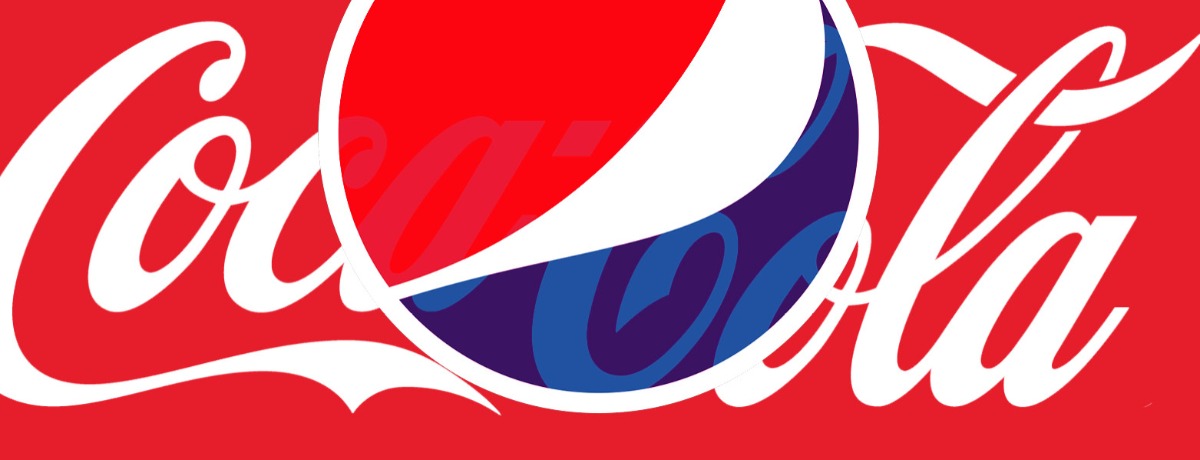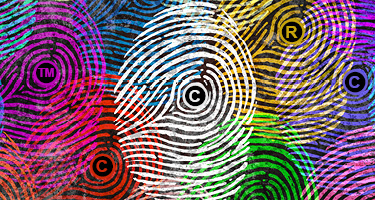In the context of trademarks, “fair use” is the term given to the use of someone else’s trademark in a way that will not subject the user to liability for infringing the owner’s rights. Fair use is a defense to a claim of trademark infringement. There are two categories of trademark fair use:
- Classic fair use: When someone else's trademark is used to refer to the user's goods or services;
- Nominative fair use: When someone else’s trademark is used to refer to the mark owner’s goods or services.
Classic Fair Use
Classic fair use is when someone else’s trademark is used to refer to the user’s goods or services. The classic fair use defense allows the use of another’s trademark in its primary descriptive meaning—in other words, the mark also describes a person, place, or attribute of the goods or services. This generally occurs where a trademark is descriptive, geographically descriptive, or is a personal name.
For example, where a food-products company adopted the descriptive (although uniquely spelled) name, Hygrade Food Products, the law did not preclude others from using the descriptive term “high grade.” The court found the owners of a grocery store who began using the phrase “High Grade Food Stores” to describe their stores did not infringe the HYGRADE mark because of fair use. Similarly, the makers of Sweet Tarts candy were unsuccessful in their lawsuit against cranberry juice company Ocean Spray, where the juice company had used the term “sweet-tart” in advertising for its juice. The court found fair use because Ocean Spray’s advertising was used only to describe the taste of the cranberry juice. And a court held that Abercrombie & Fitch could not prevent others from using its mark SAFARI to describe clothing intended for use on safari.
The doctrine of classic fair use tolerates some confusion in the interest of free competition. By choosing a descriptive term, the trademark owner must live with the result that others are free to use the term in its original, descriptive sense. Of course, classic fair use does not allow others to use someone else’s descriptive trademark as a trademark to designate the source of the good or service. From the above examples, Ocean Spray likely could not use the mark SWEET-TART as the name of a cranberry juice brand.
The extent of classic fair use is determined based on how truly descriptive the use of the mark is. A cosmetics company used the term "SEAL IT WITH A KISS" as part of an in-store marketing campaign, wherein the company asked customers to use its line of lipstick, kiss a complimentary postcard, and mail it to a loved one. A competitor—which owned the registered mark SEALED WITH A KISS for a competing product line—filed suit on grounds the cosmetics company was infringing its mark. The court found the cosmetics company’s use was descriptive because “[t]he phrase conveys the instruction to seal by kissing the complimentary postcard to signify the amorous sentiment conveyed to the recipient of the card.” Although the cosmetic company’s use of the phrase did not describe the company’s product, the phrase was used in its “descriptive sense,” which was sufficient to qualify the company for the fair-use defense.
Nominative Fair Use
Nominative fair use is when someone else’s trademark is used to refer to the mark owner’s goods or services. This use is deemed “nominative” because it “names” the owner of the mark. The nominative fair use defense allows the use of another’s trademark so long as there is no likelihood of confusion. Nominative fair use often happens with comparative advertising, media coverage, and independent retailers. For example, Coca-Cola might compare the quality of its classic drink to that of its competitor, PepsiCo. Or a news station might report on the Macy’s Thanksgiving Day Parade. A small watch company might tout that it sells and fixes Omega watches—though it must take care not give the impression that it is an “official” Omega retailer if, in fact, it is not. The user needs only show that its reference was to the trademark owner’s goods or services, at which point, the burden shifts to the trademark owner to show a likelihood of confusion based on the use.
The doctrine of nominative fair use arose because the market has a need to identify a mark owner. Such use is considered “fair” because there is no implication of sponsorship or endorsement by the trademark owner. With that in mind, courts have more closely scrutinized nominative fair use claims when the defendant actually used a logo or stylized lettering, rather than simply the word mark.
When the issue of nominative fair use is raised, courts replace the likelihood-of-confusion test typically used to evaluate trademark infringement with a likelihood-of-confusion test that is specific to nominative fair use. The court considers three questions under a nominative fair use analysis to determine if a particular trademark use might cause confusion:
- Is the product or service of the trademark owner one which is readily identifiable without use of the trademark?
Note: The assumption is that the user has a legitimate need to identify the trademark owner by using its trademark.
- Has the mark been used more than is reasonably necessary to identify the trademark owner?
Note: It may be problematic if the trademark is used too prominently or too often, in a way that draws a viewer’s attention.
- Has the user falsely suggested sponsorship or endorsement by the trademark owner?
Note: This question evaluates whether the context of the use falsely suggests sponsorship, affiliation, or approval by the trademark owner.
[RELATED: Nomination deadline for the United Kingdom is February 18]
In one notable case, Playboy Enterprises, Inc. sued Terri Welles, Playmate of the Year 1981 for trademark infringement when she created a website that contained various headings and banner ads using the marks PLAYBOY, PLAYMATE, and PLAYMATE OF THE YEAR. The court ultimately determined this was nominative fair use because the use clearly referred to Ms. Welles’ title and the company that had bestowed her with the honor. The court noted Ms. Welles had not used Playboy’s logo or its stylized font and her website included a disclaimer of any affiliation with Playboy Enterprises. However, the court found Ms. Welles’ repeated use of another Playboy mark PMOY, which she used in its stylized form as wallpaper throughout her website, was far more than necessary to describe herself and was, therefore, not fair use.
----------------
Maria Crimi Speth is a shareholder and intellectual property attorney at the Phoenix law firm of Jaburg Wilk. She is the department head of the intellectual property group and has expertise in copyright law, trademark law, and Internet law. She focuses on litigation involving intellectual property rights and First Amendment rights. Ms. Speth is the author of the book, Protect Your Writings: A Legal Guide for Authors.
Aaron K. Haar is an attorney with Jaburg Wilk who practices in the areas of commercial litigation and intellectual property.





















